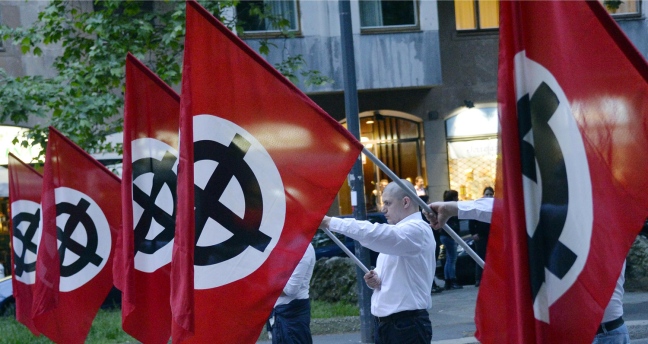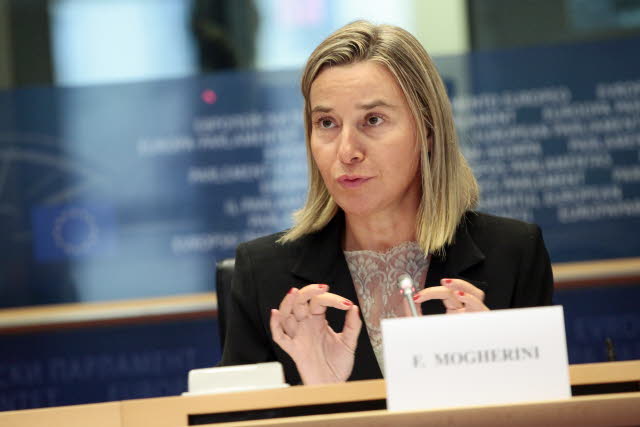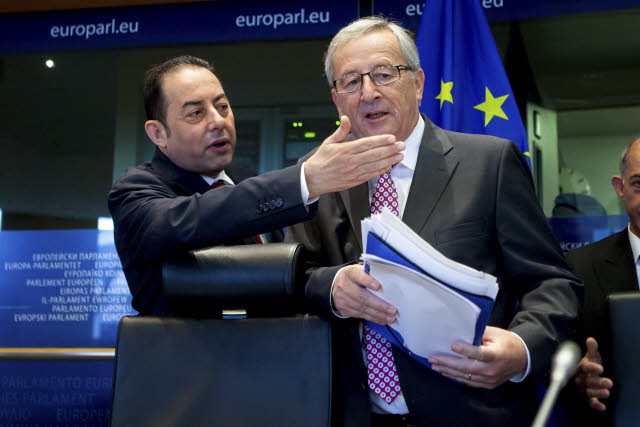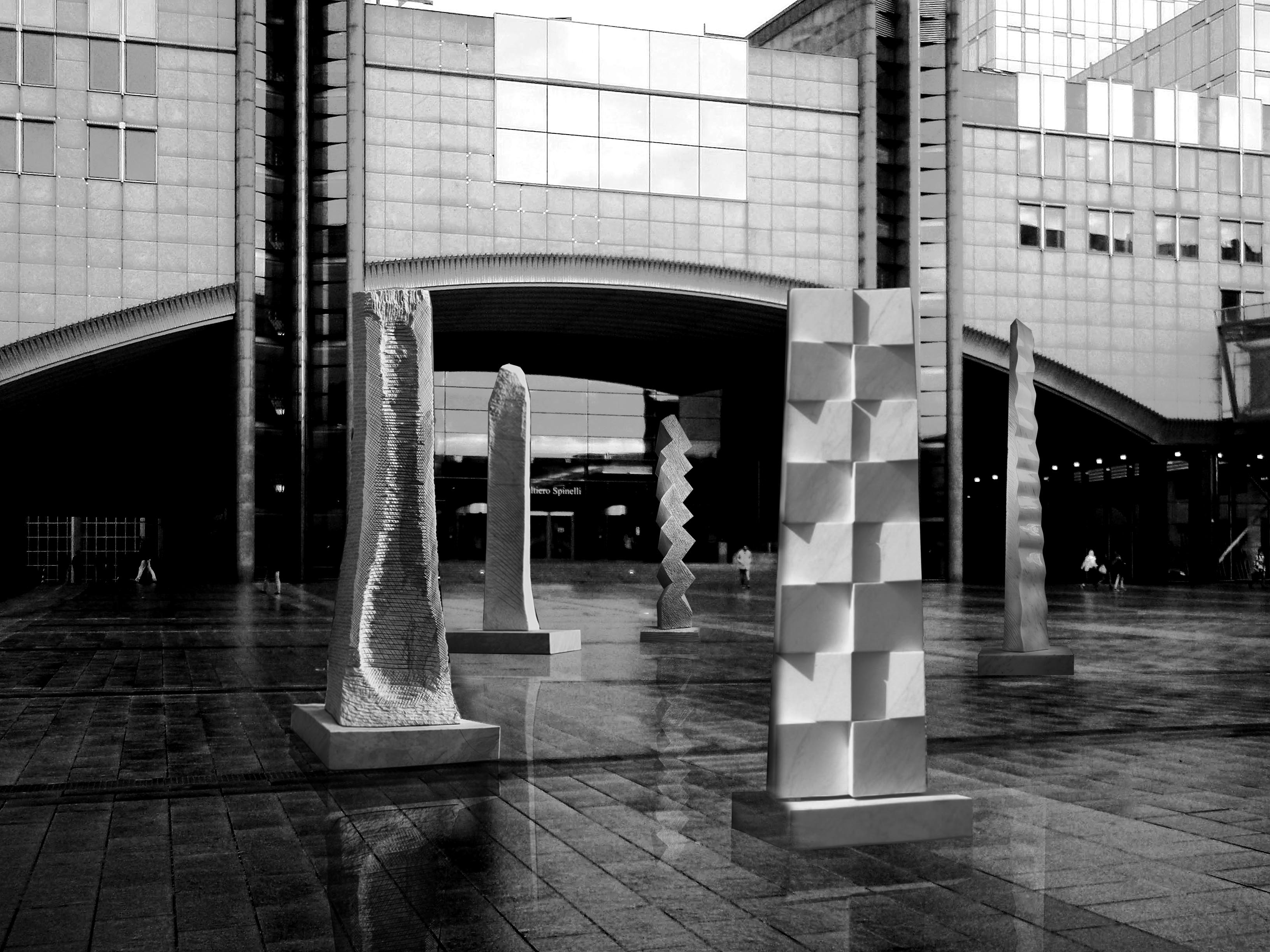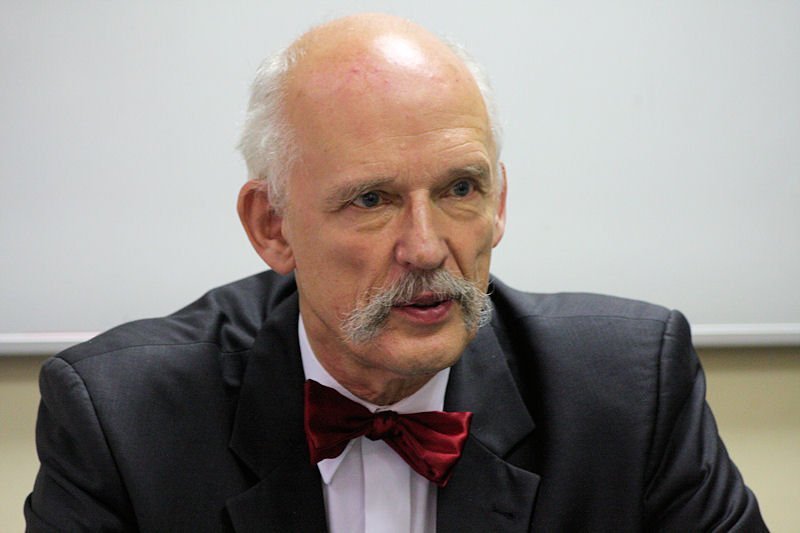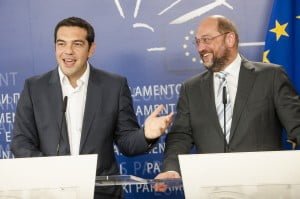
It is not true that the European Parliament is the only organization which directly represents European citizens. Of course there is no denying that the voters choose the members, but these, once having entered the European Chamber, lose the fundamental characteristic of the basis on which they were chosen: belonging to a line-up of alternative political sides. As a rule of thumb in all European countries, everyone votes, preferences are counted, and whoever has the most votes governs. There are cases in which competing line-ups are compelled to be together, and it is true these cases are more and more probable (look at Germany and Italy, and even the tiny Luxembourg is experiencing something similar), but the assumption is always clear: when it comes time, alternative forces remain and it will be so in the next elections. So, I would like to see a majority and a minority in the European Parliament. I would like there to be an opposition, like in any Parliament which respects a majority that roars with a stern voice and assumes its responsibility.
This “institutional agreement” which governs MEPs doesn’t allow Europe to grow and doesn’t let Parliament grow either. What does is mean that the 2 major political forces, people’s party and socialist, always agree on the choice for President? Half for me and half for you. Ridiculous, I believe it is the appointment that lasts the least in the world, excluding San Marino, which has smaller dimensions and in any case, doesn’t even want to join the EU. One doesn’t divide in the choice of President for the Commission, maybe not everyone will vote for him, but one never reaches the point of needing to count: we let the one chosen by the greatest political force pass, but not necessarily by the parliamentary majority.
Like this the result is that nobody has true governing responsibility, everyone (among the big parties) is involved, but at the same time everyone is less free. Yes, because the MEPs, except in 1 or 2 cases of a real breakdown during legislature, don’t have the ability to go against the will of their own country’s government, otherwise they risk their candidacy, and the people’s party-conservatives, socialists and liberals are divided among more or less all 28 member state governments. Therefore what is needed is a political cover, an institutional protection, which would give MEPs the freedom to vote according to conscience, to oppose the inevitable division of majority and opposition of their own government, which obligates – not always but often – to count the votes.
This is not required by European institutional practice but there is a way out: the “direct” elections by the President of the Commission, requested by a huge majority of the Parliament itself. The MEPs must feel bound by the proposals which their parties offer constituents and defend them, imagining only consistent alliances, and attempting to avoid “great coalitions,” unless the numbers don’t demand it. Now, for example, there is a type of “great coalition” in Parliament, but it is not imposed by numbers; it is a choice of quiet life, a democratic type of misunderstanding for which the 2 or 3 strongest parties share the parliamentary power among themselves and don’t mark a real autonomy of governments.
So the Social Democrats nominate Schulz, the left indicated the Greek Tsipras, the others we still don’t know but they will have their champions. This is the first step and then they must vote for a President during session and I wouldn’t like to see the Socialists vote for the liberal candidate together with the European People’s Party (EPP) group. Perhaps without the EPP group, but not together and also vice versa. The center-left and the left could, if the numbers allow, vote for a negotiable candidate, maybe a green, certainly closer than a people’s party group. Or EPP and liberals vote for a European People’s Party representative without votes (or the tacit support) of the Socialists. I could be told that the Council, which has the power to indicate the President of the Parliament, could insist on its own candidate. It’s true, and so we will have some arm-wrestling, we’ll have a face-off, which in some way will end, because nobody wants to be left without a President of the Commission (and consequently without Commissioners), and I think it will end with a victory for the Parliament, if they learn how to be divided.
Lorenzo Robustelli
